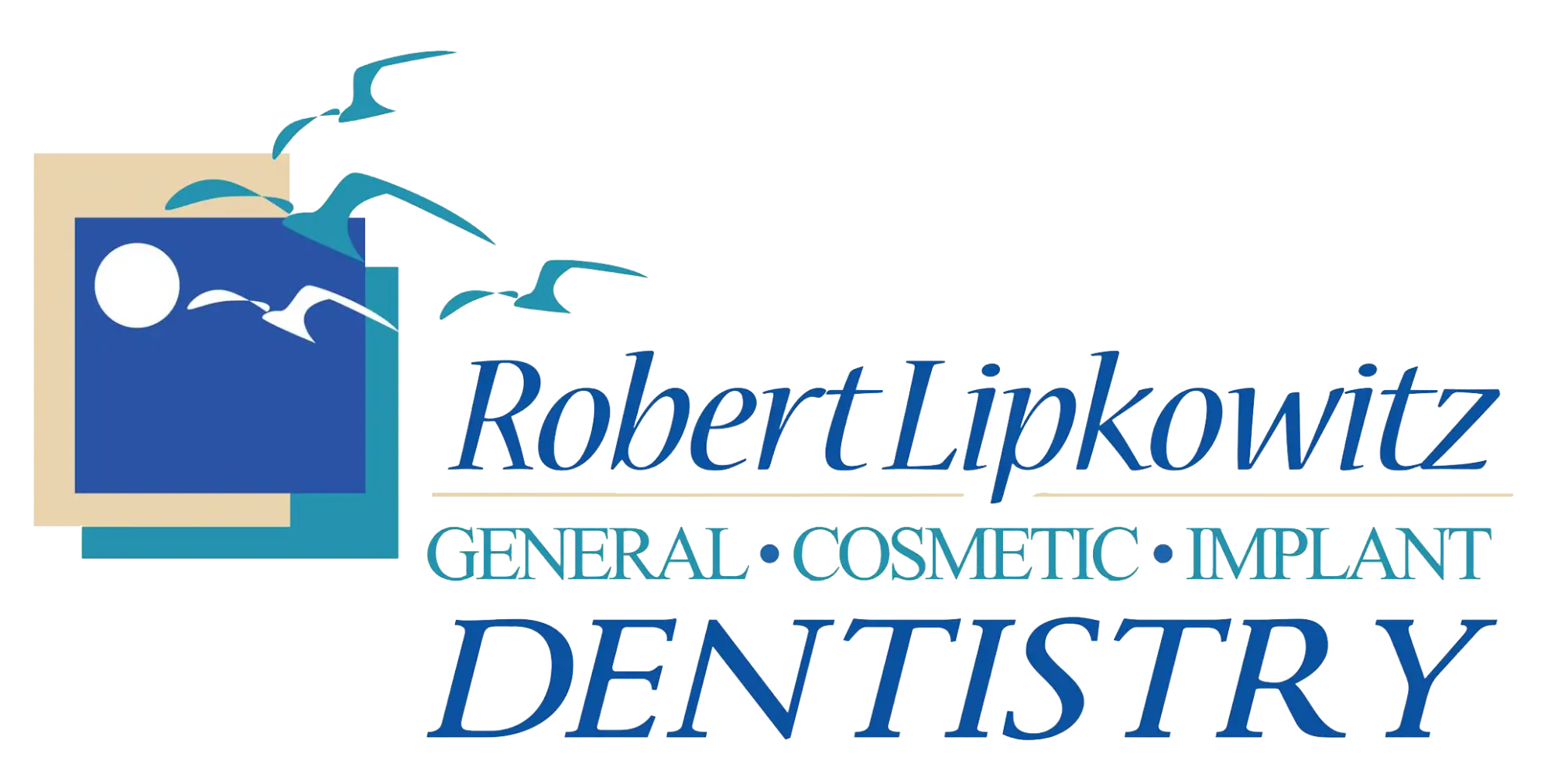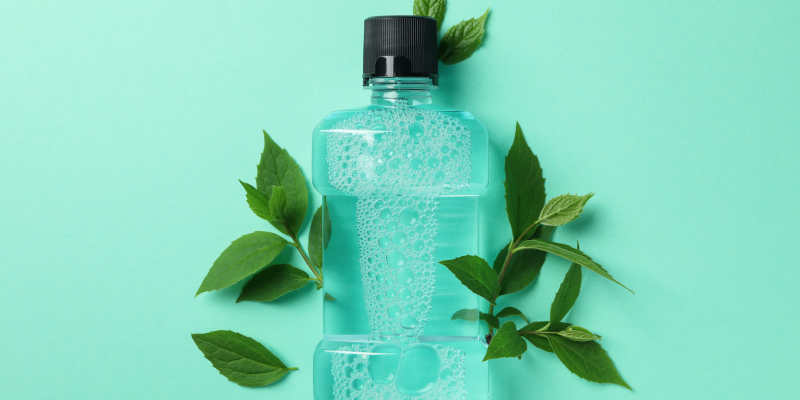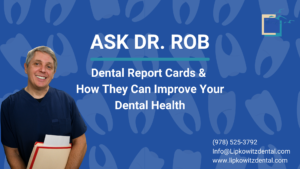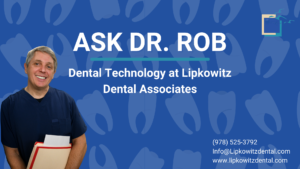This week’s Rob’s Reminder is about mouthwashes and what they’re used for. If your dental health goals include having healthy teeth, gums, and fresh breath, then understanding the role that mouthwashes can play in helping you reach those goals should be of interest to you.
If you read magazines or watch TV, you can’t help but be exposed to commercials about mouthwashes. My goal today is to help simplify when and why you should use them. But before I start, I want to emphasize that it’s the mechanical removal of the bacterial plaque from your teeth, gums, and tongue which gets you most of the way there. Mouthwashes are a great addition to your excellent home care practices but are not designed to replace them.
Breaking Down Mouthwash
There are dozens of types of mouthwashes on the market today, but they basically fall into four categories:
- Breath Fresheners
- Fluoride Rinses
- Antibacterial Rinses
- Rinses that are Designed to Help with Dry Mouth.
Breath Fresheners
Bacteria on your teeth, gums, and tongue, as well as foods that are high in sulfur like onions and garlic, account for the major causes of bad breath. So rinses that freshen your breath are designed to kill bacteria as well as remove sulfur compounds from your mouth. As long as your home care is effective, using mouthwash to freshen your breath is really optional, but it can be a real boost of confidence in social situations.
Fluoride Rinses
Fluoride rinses are designed for people that have higher than normal decay rates. Acids from bacteria on your teeth, as well as an abnormally dry mouth, dramatically increase the risk of getting tooth decay. Our first lines of defense are always to reduce the sugars that feed the bacteria that make the acid and to remove the bacteria from your teeth with your tooth brushing and dental flossing. In addition, a fluoride rinse can be added to strengthen your teeth and reduce the risk of being attacked by acids. I’m not a fan of swallowing fluoride for health reasons, but topical fluoride has been shown to be a very safe and effective way to reduce tooth decay, especially as we age.
Antibacterial Rinses
Antibacterial rinses also play a role in freshening your breath and keeping your teeth clean. But in my view, their real role is in helping keep your gums healthy and healing inflamed gums.
Dry Mouth Rinses
Lastly, issues of dry mouth can be caused by reduced saliva production, autoimmune diseases, medication, mouth breathing, and smoking. And these all contribute to an increased risk for tooth decay as well as bad breath. The problem is that without saliva to neutralize the acids, the acid sits on the teeth for longer. The longer they sit on the teeth the more damage is done.
There are also substances in your saliva that are designed to kill bacteria. So treatment for dry mouth is usually geared towards increasing the wetness of your mouth. Mouthwashes like Biotene or Stella Vega Life, Oral Care Rinse are designed to keep your mouth wetter and replace substances in your saliva that killed the bacteria.
Recommended Brands
I prefer the alcohol-free herbal formulas like Tooth and Gum Tonic from the Dental Herb Company and Natural Dentist Mouth Rinse. They use essential oils and herbal extracts to help heal your gums rather than chemicals and alcohol. An antibacterial rinse added to a Waterpik is also a great way to remove food particles and bacteria from deeper than normal gum pockets and around dental implants.
Next week’s Rob’s Reminder will be about what to do when you’ve chipped a tooth. Thank you for watching today, and I hope to see you smile soon!





